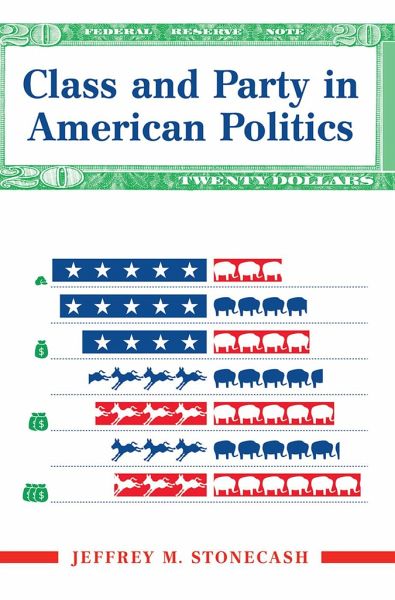
Class And Party In American Politics
Versandkostenfrei!
Versandfertig in 1-2 Wochen
167,99 €
inkl. MwSt.
Weitere Ausgaben:

PAYBACK Punkte
84 °P sammeln!
This single volume work examines whether class political divisions have increased or decreased over time in America. Most studies have concluded that class differences have declined, and that Democrats have alienated their electoral base--the working class. However, counter to these scholarly and pundit mainstream, in Class and Party in American Po













